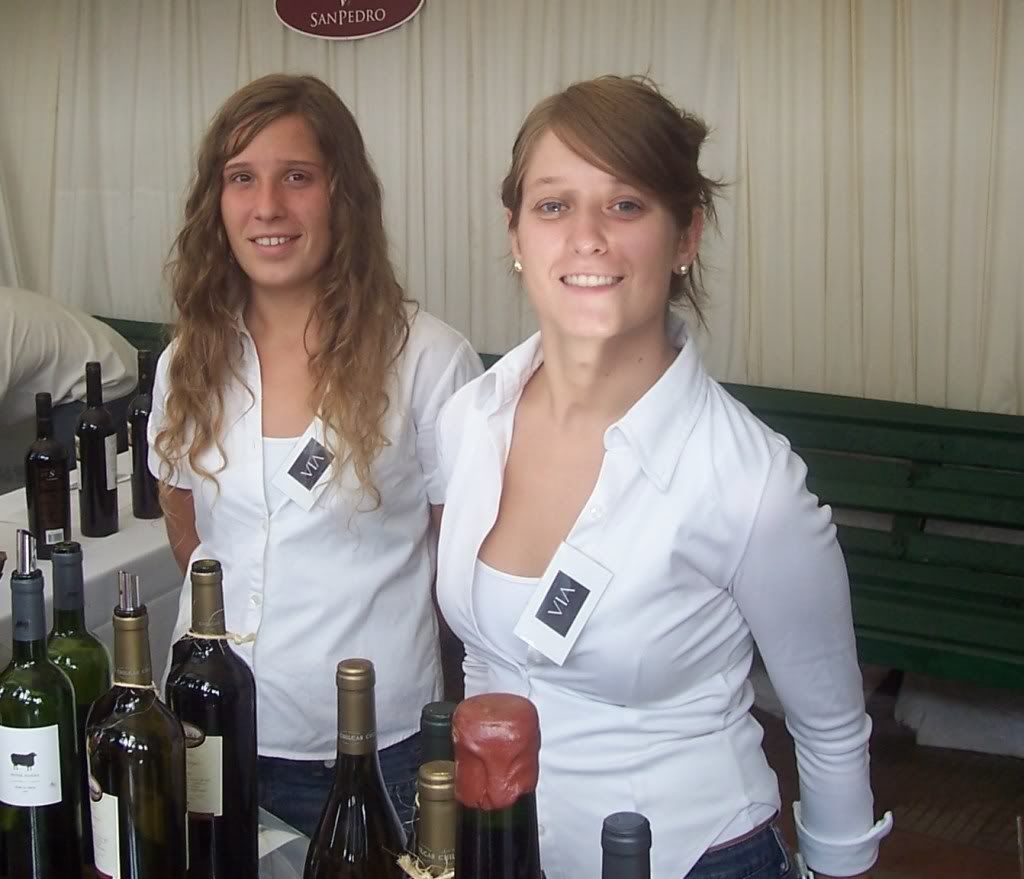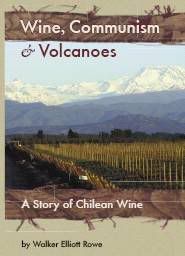
My wife recently immigrated to
I told her that in
Cliff Miller is one of these land owners thinking about the future. His 800 acre farm fairly surrounds the town of
Mr. Miller is a 5th generation farmer whose family has farmed the same plot of land since 1827. This 67 year old farmer with graying hair and glasses had come to the Link community center to talk to eager farm interns and land owners about his plan to bring more working farmers to
I first met Cliff Miller when he came into the Corner Grocery Store last summer selling blackberries from his
Cliff Miller says he would not think of selling his farm. He says his farm, “Had been a productive and profitable farm for generations. Since the 1970s it was not longer making money.” He has enough money to keep it for himself but worries about how to pass the farm along to his heirs and their heirs without finding a way to make it marketable. So he has looked for ways to make the farm pay or at least break even.
He has done this several ways. One idea was to tap into every possible private-public partnership program. So he put 180 acres into a watershed protection program called CREP (“Conservation Reserve Enhancement Program”) which pays farmers to plant trees and build fences to keep cattle out of creeks and streams. He also restored 3 wetlands and planted 19,000 hardwood trees. Were it not for money from Ducks Unlimited, the state of Virginia, and the Chesapeake Bay Foundation he would not have even contemplated paying the cost of ripping down all the ancient interior fencing of the farm, putting in 10 miles of new fencing for grassland based ranching, and digging three new wells. “I had an emotional commitment to do it.”
His second idea was to latch onto the demand for locally produced grass fed beef, pork, and lamb which he sells by way of subscription and in the farm store on his Mount Vernon Farm. “Grass fed” means the animals that are raised on pastures instead of the industrial feedlots of the
Cliff’s third idea and the reason for him being at this workshop today was to find entrepreneurial young people who can farm the land themselves. He wants to “encourage young farmers to produce healthy products while respecting the animals.” He is 8 years into his plan and so far has one tenant who rents 30 acres. Raising his eyes looking to make a pointed suggestion to other landowners in the audience Cliff says, “If you have 800 acres 30 acres is not a lot.
Rachel Bynum and Eric Plaksin rent bottom land from Cliff Miller for $50 per acre for their Waterpenny Farm. They have a 40 year lease and have built a house and profitable business on the property.
For the rest of his farm he is currently searching for someone who wants to be a grass livestock farmer. Someone who wants to “use animals to make a living and improve the land.”
Wrapping up Cliff says, “We must encourage farmers to farm land that they cannot afford to buy.”
The farm interns and organic farmers in the audience that day at the Link community center do not look much like the farmers I knew growing up in the William Faulkner South. Most do not come from farming families and have grown up in the cities. Still they are eager and hopeful that the strong demand for locally produced organic food will let them live in the country and perhaps make a living too.
Shawna DeWitt and Atilla Agoston are two farm interns turned farmers sitting on the dais He is from
Atilla says, “We’re not from farming families. We started out as interns”. They looked at one of the many websites that connect interns to farms and found work out in
They found 3 acres of land to rent from the
Atilla says, “When we moved here it was like starting from scratch. There was a tractor, and green house, a marginal deer fence, and a few tools. Here was our chance to do our own thing with minimal risk”.
Shawna wearing crocks talks of their agricultural ideal they have found, “We have acres and this land without a mortgage without debt.” Wrapping up she highlights the point of today’s workshop: “There seems like there is a divide between people who have land and people who want to farm.”
Don Loock
With his flyaway red hair, glasses, beard, and soft-spoken demeanor Don Loock looks like an environmentalist which of course he is. He is the land conservation officer of the
Speaking to the audience he outlines challenge for new farmers. “The price of land is incredibly high. Processed foods have huge market share. A lot of new farmers are coming from different backgrounds. So the knowledge has not been handed down for generations.”
Then he weighs into the positive side of the equation “Positive trends are educated consumers and untapped markets. There’s huge demand out there for local products.”
Don says part of the problem is the farmers need access to technical assistance, markets, land, and capital. They need infrastructure like refrigeration.
One idea under way is the Central Virginia Community Food Center Initiative to market to school and hospitals. This helps because “
Don says the reason he is here this day is because of his role at the Piedmont Environmental Council to arrange conservation easements. “Conservation easements have helped land owners get equity out of their land. People can afford to keep the land and farm it.”
Farm-to-Table
Trista Scheuerlein who has swapped a pullover and headband for a skirt and pumps dashes in from the Nature Camp at the Rappahannock League for Environmental Protection. Her presentation is called “Growing Pride in Rappahannock County Schools through Hands of Experience in Sustainable Agriculture.”
She says she, “Started by own farm in 2003 after being a intern at Waterpenny.” Her mother told her she, “Would never pick a bean if she could buy it in a can.” When she left Waterpenny she wanted to start her own farm. She says, “At least 5 people offered me land.” She found a relation with Joyce Abell whose husband had recently died. “I came onto the property as a caretaker” and there she started her farm.
After farming for a few years the school district approached her about starting a horticulture class for the students. Her enthusiasm was and is contagious. She says “I have my dream job.” At the high school she and her students have planted onions, lettuce, herbs, and strawberries on raised beds. They grow food to give to the elderly poor and the students earn a science credit. Trista says, “When a kid interacts with what they are leaning they are going to learn it better.” Of her students she says, “Not all of them will become farmers but maybe they will have gardens.”
For the next year they have founding funding for a heated greenhouse which will push their growing season into the winter.
The Farm-to-Table program is entirely privately funded. Their patrons include the Rappahannock Garden Club. Trista is thrilled that one of her first students is now studying horticulture at
Aleta Gadino of Gadino Cellars is a member of garden club. She says, “We support all of the educational aspect of farm to table primarily to promote growing and appreciating the environmental education and the love of growing. We want to inspire young people to keep the earth green. I think for Trista the goal of the program is to show people that you can make a living in growing things in agriculture and I think to keep people in the county is important as well. I think the young people might feel the might have to go somewhere else to find jobs. Hopefully some will stay to pursue that lifestyle to keep
Continue Reading...








